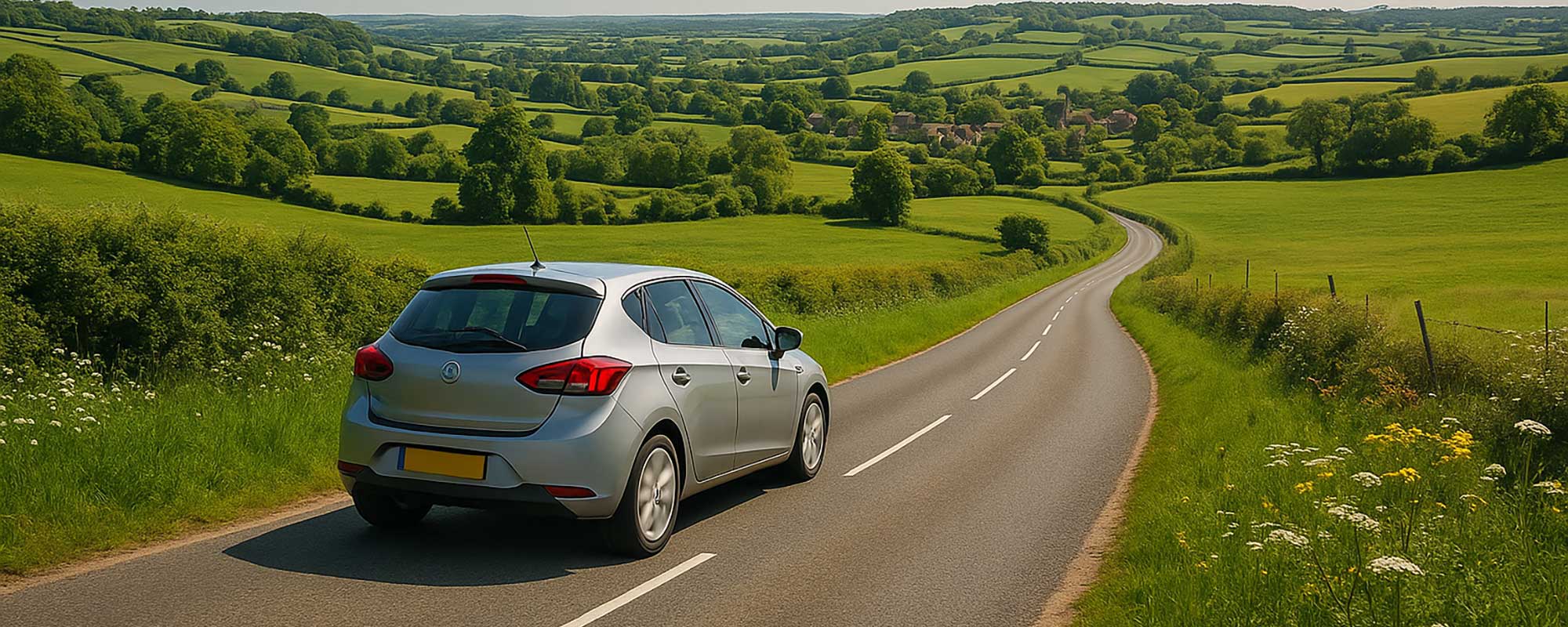Is Your Driveway Really the Safer Bet?
Most people assume that parking off-road is always the safer, smarter, more “insurable” option. Driveway? Gold star. Garage? Even better. But here’s the twist: it doesn’t always work that way.
Some insurers base their data on real claims, not assumptions. And occasionally, that means parking on the road; yes, the one outside your front door; might come out looking more favourable than your private, shadowy driveway.
Strange? Absolutely. But in insurance, risk doesn’t always match common sense.
How Insurers Use Parking Info to Assess Risk
Your parking habits are a tiny piece of the bigger quote puzzle. But they matter. Insurers ask where the car is “usually kept overnight” because that’s when most thefts and damage occur; not during your daily commute.
They’re not just interested in where it’s parked during the day. It's the night-time parking location that tends to influence the quote the most.
And that’s where things get oddly specific. Because not all off-road parking is treated equally.
What Counts As “Safer”; According to Insurers
- Locked garage: Often viewed as most secure, but not always the cheapest option
- Private driveway: Generally positive, but depends on lighting, location, and access
- On-street parking (outside home): Riskier, but sometimes neutral depending on area
- Public car parks or communal bays: Usually seen as less secure
- Underground or gated spaces: Can be favourable if well-lit and controlled
But here's the odd part; some claim stats have shown more driveway-related incidents (especially minor collisions or theft) than on-street ones. Why? Because driveways often have limited visibility, poor lighting, and no CCTV; especially in suburban areas.
Things That Might Affect Your Premium Without You Realising
- Parking under a tree – Sounds harmless, but falling branches or bird mess claims happen more than you'd think
- Communal parking – Shared spaces might be more prone to bumps and “mystery scrapes”
- Garage misuse – If your garage is used more for storage than secure parking, it might not count
- Assuming the default – Some people automatically tick “driveway” because it sounds safer, even if they rarely use it
Honesty matters; but accuracy matters even more. Your quote depends on reality, not wishful thinking.
How to Find Out What Works For You
If you're curious (or just suspicious), try this: run the same quote using different parking options. Try “driveway”, then “on-street”, then “garage” if it applies. The differences might surprise you; especially if you live in a quiet cul-de-sac with decent lighting.
It’s not about trying to game the system. It’s about seeing what the system actually values; and adjusting accordingly.
It’s Not Always About Where You Park; But How
If you’re parking on the road, try to stick to well-lit areas. Avoid blind corners. Lock up, remove valuables, and use a steering lock if you’ve got one.
On a driveway? Consider installing motion-sensor lights or a visible camera. Not just for safety; but because some insurers now ask about those extras.
So, Is It Worth Changing Your Parking Habits?
Possibly. If your current routine means you're always wedging your car into a tight, dark spot between the bins and the hedge; it might be time to rethink.
A five-minute walk to a brighter street or a better-viewed parking space might be inconvenient now, but it could affect your risk profile; and eventually, your premium.
Sometimes the safest place isn’t the one closest to your front door.
